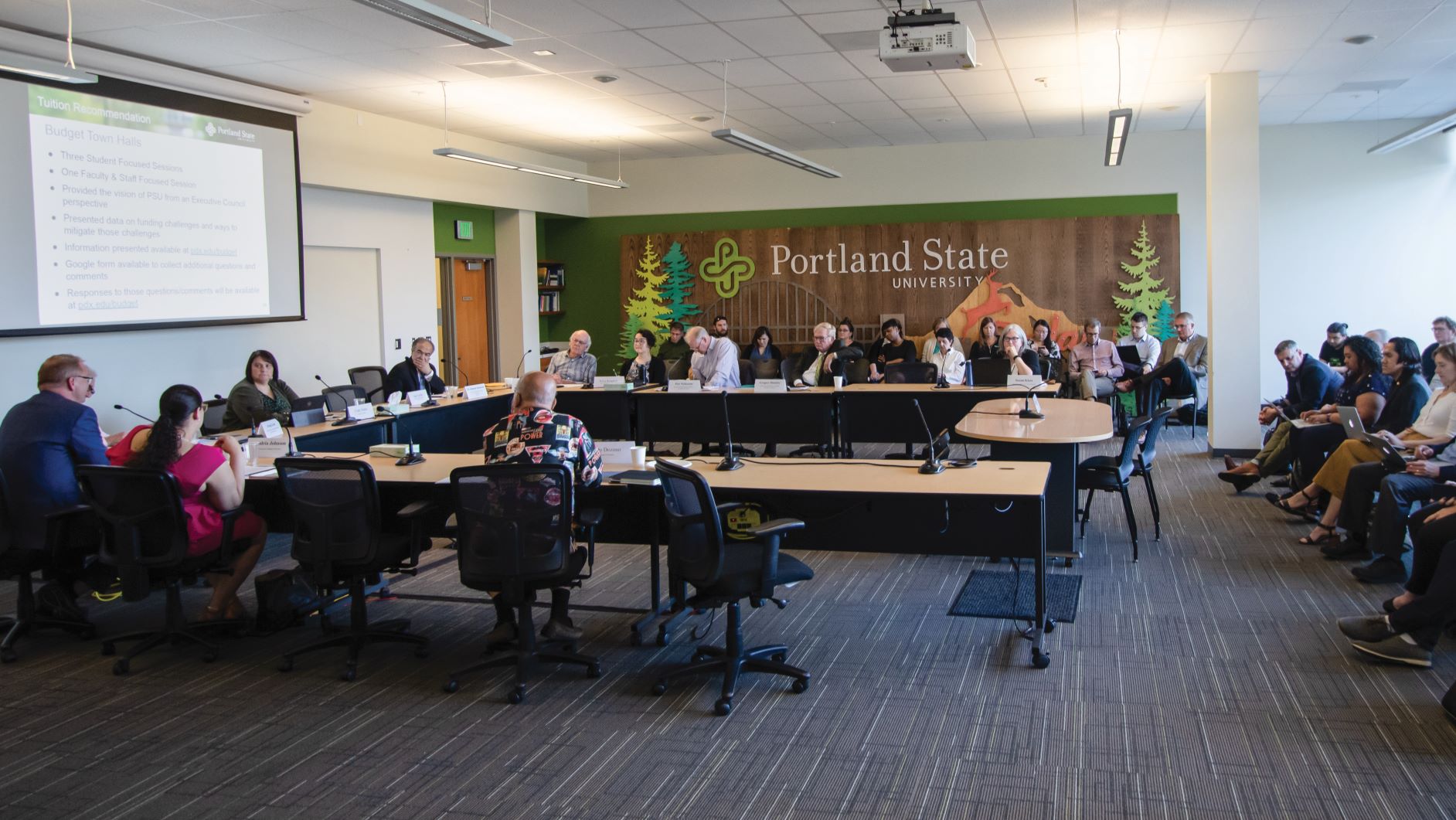Oregon must decide whether students are important by considering the major financial hurdles that COVID-19 presents. With the current pandemic suggesting no abatement in the offing, it is extremely likely that students will continue to face unprecedented educational and economic burden. Despite these obvious barriers to education, however, the federal government appears unlikely to move on assisting students, and it is therefore important for Oregon to step in.
It has been three and a half months since the start of stringent measures to reduce COVID-19 infections, and about as long since businesses began to lay off workers, including many students. It has also been that long since classes have been moved online—or canceled altogether—while many residence halls have been emptied as a precaution. The costs incurred by students now range from moving from these residence halls, buying expensive technology to remain connected to their courses and more.
Naturally, this pandemic was just as much a surprise to the state government as it has been to students, but unlike states with tax revenue, although sometimes in decline, students are almost always going to have limited incomes that make precarity a rule of life. After the CARES Act monies dried up, including the direct payments given to Americans, the flow of money into student pockets has largely dried up and they are forced to shoulder this burden all on their own. It should not be this way.
Absent from a recent special session was any kind of financial relief for university students, universally. Instead of realizing that students are a financially burdened class, Oregon has to this point not acted. In fact, universities in Oregon are seeing tuition increases, including a tuition increase of 4.9% at Portland State for undergraduates paying in-state tuition.
The result is the inevitability of a student exodus, exacerbating increasing shortfalls for schools such as PSU.
Where there is clear impetus to act, the state has failed to do so. This should not be the case, but time and again the deprioritizing of universities has become the norm, an institutional value that elevates decline and eschews measures that could be working for residents of the state. How can this continue without widening achievement gaps that are borne out of the increasing inaccessibility of higher education, particularly to marginalized communities?
To that end, decisive action is not only important, it is necessary.
There are many forms this action can take beyond simple and effective direct payment. For one, utilizing state resources to help universities raise endowments, especially those schools that have none to speak of and those whose fund is scant. Private, institutionalized support in the form of a fund dedicated and accountable to university students is an important step, supporting them is the next. At PSU, this would obviously include enhanced efforts at building the existing PSU endowment which stands at $77 million.
Students also need debt forgiveness. Alumni and graduates often find themselves turning to crowdfunding to support their needs, but a better idea would be a sort of public, statewide crowdfund available to all students. Something like a tax, or, in other words, an actual tax. The skittishness of the voters is no excuse for inaction on this kind of measure and in fact the state should relish the challenge to justify such a progressive, humane measure. Challenging voter unease over assisting students and posing solid arguments in favor of an educated population at all levels, from K to 12, special and advanced, community college and university, trade school and even Massive Open Online Courses.
There is also the necessary and important consideration of costs beyond just school, including housing and healthcare. University students should all be enrolled automatically in the Oregon Health Plan unless they bring their own insurance. Students should also be offered rent forgiveness where practicable and practical, eviction protection for the duration of their education and expanded food assistance, whether that is in the form of a state welfare fund or an effort to boost and supplement school food pantries.
Leaving students high and dry in this pandemic is unwise and unfair, especially when they themselves can catch the virus and suffer lifelong impairment. A state that can leverage connections, institutions and government power is one that has a duty to its residents. With COVID-19 bearing down on us, it would be a moral failing to not live up to this imperative.






